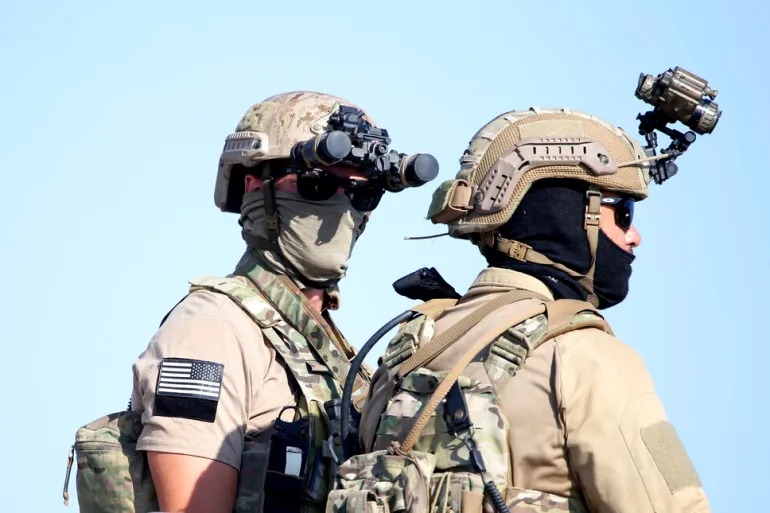In a move aimed at preserving the health of elite soldiers and maintaining military readiness, the US military has announced its intention to initiate random drug tests for its special forces units, including the renowned Navy SEALs and the Army’s Delta Force, Green Berets, and Ranger Regiment. These tests will target steroids and other performance-enhancing drugs, with the Navy set to kick off the program in November. Rear Admiral Keith Davids, the commander of Naval Special Warfare Command, emphasized the necessity of this initiative during a recent announcement, highlighting the determination to confront the issue head-on. The decision comes in the wake of persistent concerns about the use of performance-enhancing substances within the ranks of these elite forces.
Navy SEALs Lead the Way
The US Navy will take the lead in this groundbreaking endeavor, with random drug testing set to commence in November. Under the new policy, four military units will be selected randomly each month, and 15 percent of each unit will undergo testing. This equates to potentially 200 sailors facing monthly scrutiny for drug use. Those found positive will face disciplinary actions or removal from active duty, sending a clear message that the military is committed to maintaining the highest standards of physical and mental fitness among its special forces.
Army Special Forces to Follow Suit
While the Navy takes the initial steps, the US Army Special Operations Command has pledged to follow suit in implementing random drug testing within its elite units. Though no specific start date has been announced yet, the Army’s commitment to this initiative reflects the collective determination to ensure the integrity and performance of the country’s most elite military personnel. The joint effort of the Navy and the Army to address this issue sends a powerful message of accountability and dedication to the mission.
Air Force and Marines Await Further Action
While the Navy and Army have taken proactive steps to address the issue of performance-enhancing drug use, the US Air Force and the Marine Corps special forces commands have yet to request a similar policy for random drug testing. It remains to be seen whether these branches will follow the lead of their counterparts or take a different approach to tackle the issue within their elite units.
This decisive move towards random drug testing within elite military units comes after a series of incidents that highlighted the need for stricter measures. One such incident was the tragic death of Kyle Mullen, a 24-year-old Navy SEAL candidate who passed away after completing the grueling Hell Week test. While no evidence of performance-enhancing drugs was found in his system, an investigation revealed that Mullen had not been screened for certain steroids due to a lack of available samples. Additionally, multiple vials of drugs and syringes were discovered in his car, raising concerns about the prevalence of such substances among aspiring elite commandos.
The Naval Education and Training Command (NETC) conducted a comprehensive investigation into SEAL training, identifying performance-enhancing drug use as a significant problem among candidates. This led to calls for more robust testing procedures. Previous investigations in 2011, 2013, and 2018 had already raised suspicions of steroid use among SEAL candidates, resulting in disciplinary actions and calls for enhanced testing.
Under the new random testing protocol, sailors will be required to provide two urine samples. One sample will be sent to the cutting-edge Sports Medicine Research and Testing Laboratory, widely recognized for its role in doping detection in international sports. The other sample will undergo analysis at the Navy Drug Screening Laboratory Great Lakes, focusing on standard drugs. Positive test results will trigger a preliminary inquiry, and sailors will face disciplinary consequences and potential removal from their respective units if no legal justification for drug use is found.
In conclusion, the US military’s decision to implement random drug testing within its elite special forces units reflects a commitment to safeguarding the well-being of its soldiers and preserving the high standards of these renowned units. This proactive approach is expected to serve as a deterrent to the use of performance-enhancing drugs while reinforcing the core values and principles of these elite forces.
















